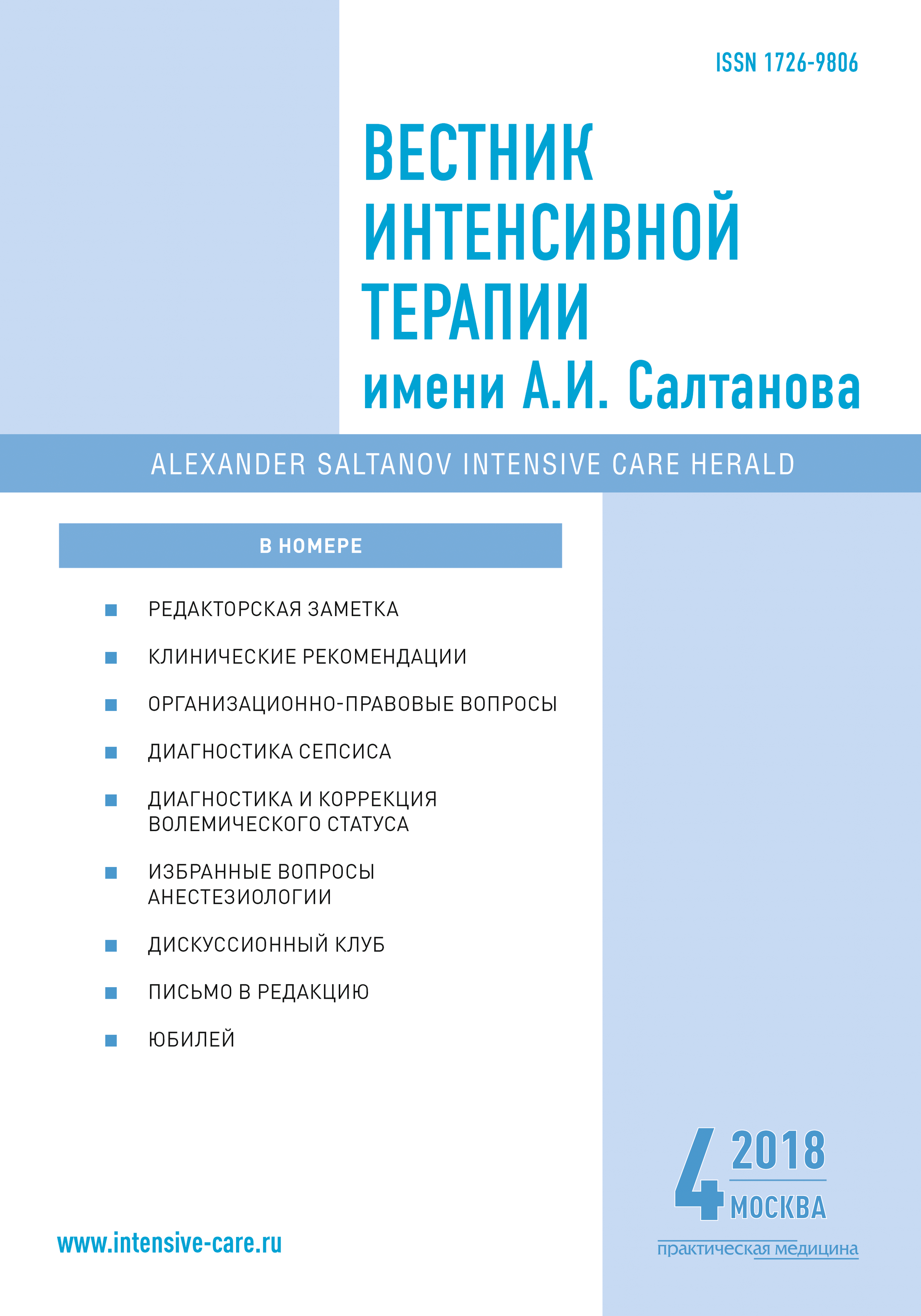Abstract
There is a joint work of the National Medical Chamber and the Investigative Committee of Russia on a draft special article in the Criminal Code of the Russian Federation, within the framework of which they will investigate the cases of medical workers. The proposed revision of the Article 124 raised objections from the medical community. The main issue is the legitimacy to consider the unborn child a subject of criminal law. There are serious disagreements in the legal and medical communities on the question of when the right to life arises. The legal status of a born child should be defined in the relevant regulations, the development of which should involve public organizations of professional specialists.References
- Конституция Российской Федерации (принята всенародным голосованием 12.12.1993) (с учетом поправок, внесенных Законами РФ о поправках к Конституции РФ от 30.12.2008 № 6-ФКЗ, от 30.12.2008 № 7-ФКЗ, от 05.02.2014 № 2-ФКЗ, от 21.07.2014 №11-ФКЗ, от 30.12.2008 № 6-ФКЗ и № 8-ФКЗ). [Constitution of the Russian Federation. (In Russ)]
- Федеральный закон от 21.11.2011 №323-ФЗ (ред. от 03.08.2018) «Об основах охраны здоровья граждан в Российской Федерации». [Federal Law of 21.11.2011 No. 323-FZ (as amended on 08.03.2018) “On the basis of the protection of the health of citizens in the Russian Federation”. (In Russ)]
- Основные показатели деятельности акушерско-гинекологической службы в Российской Федерации в 2016 г. Министерство здравоохранения Российской Федерации. Департамент медицинской помощи детям и службы родовспоможения. Москва, 2017. [Key performance indicators of the obstetric and gynecological service in the Russian Federation in 2016. Ministry of Health of the Russian Federation. Department of medical care for children and obstetric services. Moscow, 2017. (In Russ)]
- Приказ Минздравсоцразвития России от27.12.2011 № 1687н (ред. от 02.09.2013) «О медицинских критериях рождения, форме документа о рождении и порядке его выдачи». [Order of the Ministry of Healthcare of Russia dated December 27, 2011 No. 1687n (as amended on September 2, 2013) “On medical criteria for birth, form of birth certificate and procedure for issuing it”. (In Russ)]
- MacDonald H. Perinatal care at the threshold of viability. Pediatrics. 2002; 110(5): 1024–1027. DOI: 10.1542/peds.110.5.1024.
- Sheldon T. Dutch doctors change policy on treating preterm babies. British Medical Journal. 2001; 322(7299): 1383. DOI: 10.1136/bmj.322.7299.1383.
- Stensvold H.J. et al. Neonatal morbidity and 1-year survival of extremely preterm infants. Pediatrics. 2017; 139(3): pii e20161821. DOI: 10.1542/peds.2016–1821.
- Glass H.C. et al. Outcomes for extremely premature infants. Anesthesia and analgesia. 2015; 120(6): 1337–1351. DOI: 10.1213/ANE.0000000000000705.
- Desfrere L. Extremely preterm infants: resuscitation criteria in the delivery room and dialogue with parents before birth. Journal de gynecologie, obstetrique et biologie de la reproduction. 2004; 33(Suppl. 1): S84–S87. DOI: 10.1016/S0368–2315(04)96671–9.
- Moriette G. Very premature births: Dilemmas and management. Part 1. Outcome of infants born before 28 weeks of postmenstrual age, and definition of a gray zone. Archives de pédiatrie: organe officiel de la Société française de pédiatrie. 2010; 17(5): 518–526. DOI: 10.1016/j.arcped.2009.09.025.

This work is licensed under a Creative Commons Attribution-NonCommercial-ShareAlike 4.0 International License.
Copyright (c) 2018 ANNALS OF CRITICAL CARE

